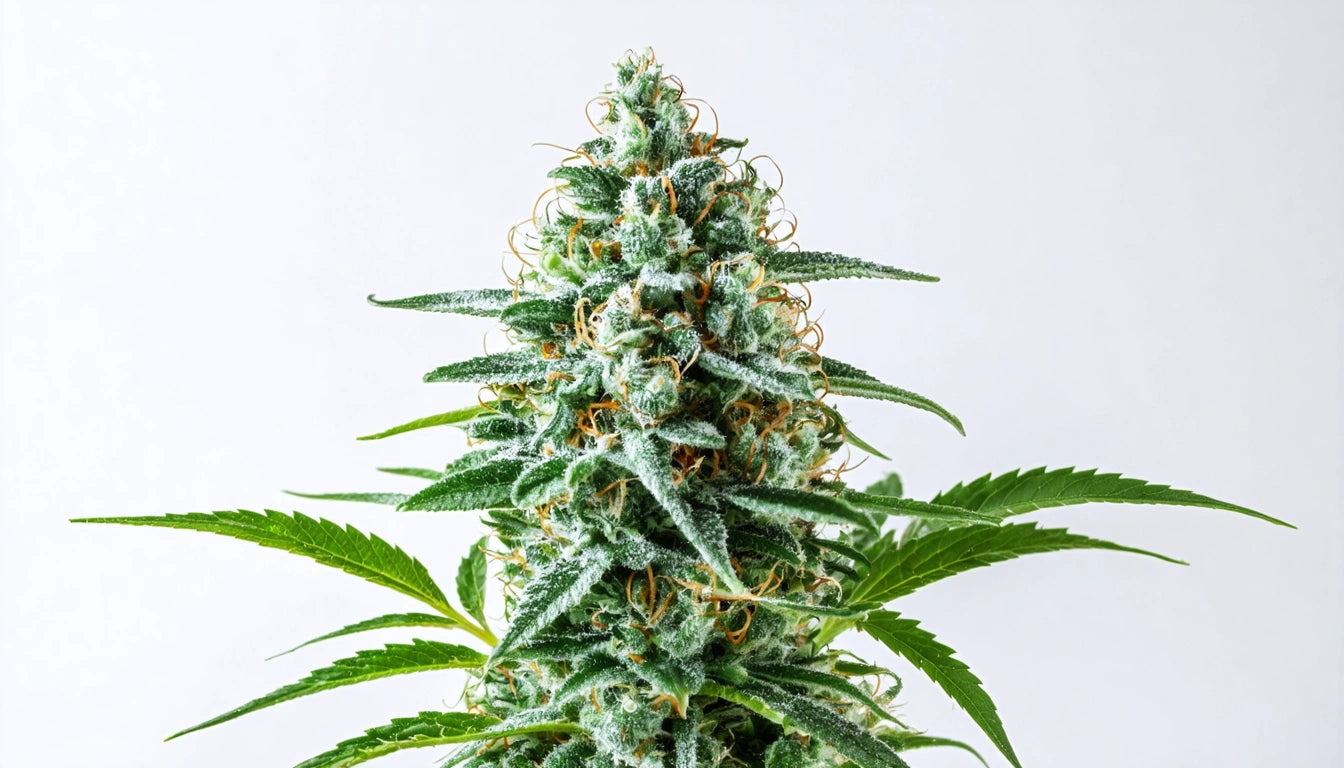Table of Contents
- Federal Prohibition: Impact on Insurance Coverage
- Medicaid Coverage for Medical Marijuana: Current Status
- Medicare and Medical Cannabis: Coverage Limitations
- State Programs and Financial Assistance Options
- Alternative Payment Options for Medical Cannabis
- The Future of Medical Cannabis Coverage in Government Programs
Does Medicaid or Medicare Cover Medical Marijuana?
For patients seeking relief through medical marijuana, understanding insurance coverage options is crucial for managing treatment costs. Despite growing legalization across states, many wonder: does Medicaid cover medical marijuana? Does Medicare pay for medical weed? The short answer is no, but the full picture requires deeper examination of federal regulations, state programs, and alternative payment solutions.
Federal Prohibition: Impact on Insurance Coverage
The primary obstacle to Medicaid and Medicare coverage for medical marijuana stems from federal classification. Cannabis remains a Schedule I controlled substance under federal law, regardless of state-level legalization. This classification creates several barriers:
- Federal programs cannot legally cover substances prohibited at the federal level
- Healthcare providers risk federal penalties by directly prescribing cannabis
- Insurance companies follow federal guidelines in coverage determinations
This contradiction between state and federal law creates the foundation for the coverage gap experienced by medical marijuana patients. As explained in our guide on insurance coverage for medical marijuana, this federal prohibition affects all insurance types, not just government programs.
Medicaid Coverage for Medical Marijuana: Current Status
Medicaid, as a federal-state program providing health coverage to low-income Americans, does not cover medical marijuana in any state. The question "does Medicaid pay for medical marijuana" has a consistent answer: no. This remains true even in states with robust medical cannabis programs.
However, some states have implemented workarounds to assist Medicaid recipients who qualify for medical cannabis:
- Reduced registration fees for medical marijuana cards
- Sliding scale pricing at state-licensed dispensaries
- Coverage for FDA-approved cannabis-derived medications like Epidiolex
While these measures don't constitute direct coverage, they represent efforts to increase accessibility for low-income patients who might benefit from medical cannabis treatments.
Medicare and Medical Cannabis: Coverage Limitations
Similar to Medicaid, Medicare does not cover medical marijuana. For seniors asking "does Medicare cover medical weed," the answer remains negative across all Medicare plans (Parts A, B, C, and D). This includes:
- No coverage for cannabis flower, oils, or edibles
- No reimbursement for medical marijuana card costs
- No coverage for non-FDA approved cannabis products
Medicare beneficiaries seeking cannabis treatment must pay out-of-pocket for both the medical recommendation and the products themselves. This creates significant financial barriers for fixed-income seniors who might benefit from medical cannabis for conditions like chronic pain, insomnia, or appetite stimulation during cancer treatment.
State Programs and Financial Assistance Options
While government insurance doesn't cover medical marijuana, some states have developed programs to assist patients financially. These vary widely by location but may include:
- Compassionate care programs for low-income patients
- Veterans' discounts at dispensaries
- Reduced application and renewal fees for qualifying patients
- Tax exemptions on medical cannabis purchases
Understanding qualifying conditions and requirements for your state's medical marijuana program is essential for accessing these benefits. Each state maintains different qualifying conditions and financial assistance structures.
Patients managing their own supply often need proper storage solutions, with many turning to secure, odor-proof storage bags to maintain product freshness and comply with storage regulations that many state programs require.
Alternative Payment Options for Medical Cannabis
Since Medicaid and Medicare don't cover medical marijuana, patients often seek alternative payment methods. Common approaches include:
Health Savings Accounts (HSAs) and Flexible Spending Accounts (FSAs)
Currently, HSAs and FSAs cannot be used for medical marijuana purchases due to federal prohibition. However, they may cover appointments with physicians for evaluations that lead to medical cannabis recommendations.
Discount Programs and Compassionate Care
Many dispensaries offer their own financial assistance programs:
- Sliding scale pricing based on income
- Loyalty programs for regular patients
- Compassionate care programs for terminal illnesses
- Veterans, senior, and disability discounts
These programs vary by dispensary but can significantly reduce costs for eligible patients. As outlined in our article on medical weed uses, benefits, and costs, these savings can make treatment more sustainable long-term.
State-Specific Subsidies
Some states have implemented subsidies or tax structures that reduce costs:
- Reduced or waived registration fees
- Lower tax rates on medical versus recreational products
- Direct subsidies for low-income patients
Checking with your state's medical marijuana program can reveal available financial assistance options. The state-by-state overview of medical weed legalization provides insight into which states offer more robust assistance programs.
The Future of Medical Cannabis Coverage in Government Programs
Several developments suggest potential changes to medical marijuana coverage in government insurance programs:
- Ongoing federal cannabis rescheduling discussions
- Increasing clinical research validating medical applications
- Growing pressure from patient advocacy groups
- State-level insurance experiments and pilot programs
If cannabis is rescheduled at the federal level, it could open pathways for Medicare and Medicaid coverage. Until then, patients must navigate a patchwork of state programs, dispensary discounts, and out-of-pocket payments to access medical cannabis treatment.
For those seeking medical marijuana treatment, consulting with doctors who can recommend medical marijuana and understanding the uses and benefits of medical marijuana are essential first steps, regardless of insurance coverage status.











Leave a comment
All comments are moderated before being published.
This site is protected by hCaptcha and the hCaptcha Privacy Policy and Terms of Service apply.